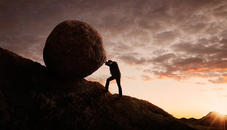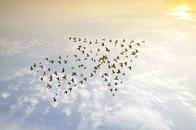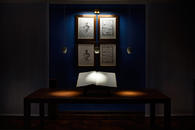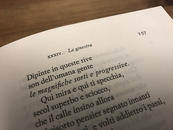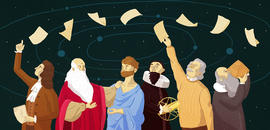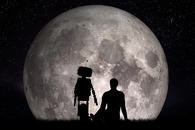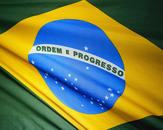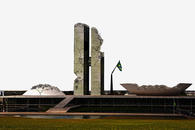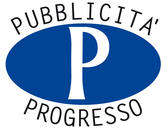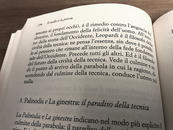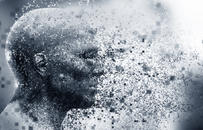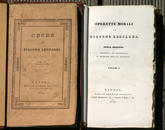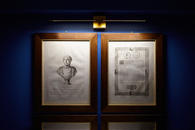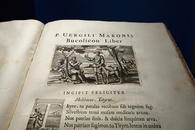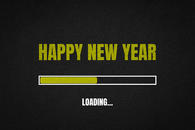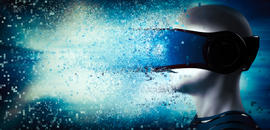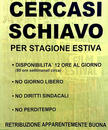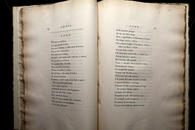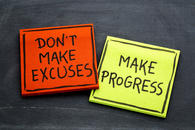Reflect (to fold, to turn back)
For some time now, I have been following Alfonso Berardinelli, "a cultured and refined polemicist, who has made culture's critique his privileged field of action", as shrewdly specified by Wikipedia. He often throws himself at something, and for this reason he could easily be confused for one of many conventionalists, or a vacuous, Bastian contrarian. But, unlike others, Berardinelli attacks with a clear and precise method, supported by well-documented and thoughtful, incontrovertible arguments. His method is dialectical and his art maieutic - it is no coincidence that he often poses questions, sometimes rhetorical, sometimes brutal, addressed directly to the reader. Thanks to his zeal paired with equilibrium, many of his conclusions seem obvious, even when they are not at all (a rare ability, to be really convincing with zeal and equilibrium: today zeal is demonstrated by raising one’s voice and very rarely argued, otherwise it leaves room for something extremely dangerous, reasoning; and if it is not harsh it always seems submissive).
Berardinelli harshly criticizes an untouchable myth: progress. He asks, and asks us: "To believe or not to believe in progress? When did we invent it? Based on what? Material or moral or social progress?"
These questions may seem stupid, but that are not at all, in fact. On the contrary, the last question is the decisive one, the most dramatic. Even if it seems rhetorical (I have the feeling that more than one person would consider the three terms involved as simple synonyms), it’s a question that the world has already answered some time ago: with the excuse of the failure of the utopias all that remains is material progress, to sanction the same sense of being in the world. Then, with a few calibrated words, Berardinelli gifts us a parable that resolves with a simple question, yet another - and perhaps the last one granted to us.
"Was it the demon or the angel of improvement, self- perfection, the struggle to defend himself from nature and to control it, that lived inside us from the moment we made our appearance on planet Earth. But if the beginning is clear, why is the end, the outcome, the goal, the point and moment in which we can’t go any further not clear. Or can we go any further? What does overcoming of every limit look and feel like? Is there a limit? Who established it? Nowadays, between the automatic functions of calculation and the human mind, a competition is under way and the outcome has already been paved: homo sapiens are slower and less efficient than machines that can conceive, produce and imitate the market. Man is not only antiquated, he is an annoying source of errors, slowness and unwanted suffering. Human progress, therefore, to be progress, will be less and less human. Is it forbidden to reflect on this?"
11/12/2017 Filippo Maglione



